Learning to accept end of life care and palliative support Premium
Psychologist and counsellor R. Vijayalakshmi vividly recalls her interactions with a 26-year-old mother of an 18-month-old boy from eight years ago. The mother was diagnosed with cancer. When counselling began, the mother had just a few months to live. Ms. Vijayalakshmi visited her periodically. “She showed me her photographs. She was beautiful and did not want her son to see her as a sick person. When she realised that she was not going to recover, she started talking about her funeral. She chose two different saris that she wanted to be draped in, depending on whether she died in the morning or evening. Her mother broke down at this point,” Ms. Vijayalakshmi recalled.
Continuing her recollection, she said: “Her mother loved dressing her up as she was her only daughter and could not bear to listen to her daughter’s last wishes. I talked to her separately and the mother finally said, ‘I will stitch her a blouse so that it fits her as she is now’.”
“Certain things are not about physical health,” Ms. Vijayalakshmi said. “The respect we give a person has a lot of meaning.”
Sixty-four-year-old Usha is now tending to her 90-year-old mother who has stage 2 chronic kidney disease and is also tending to her 98-year-old mother-in-law. Her husband,74, is a COVID-19 survivor. Despite having the help of caregivers Ms. Usha rarely leaves home and works virtually. Her mother is immobile, and her eyesight has failed. “We have sleepless nights as she gets hallucinations. I feel sorry about the agony she is going through,” Ms. Usha says, recalling how as a youngster her mother embroidered her dresses.
Anita’s mother is 94 years old. “Every morning I wake up thinking this could be the day (of her demise). I plan for the things that I need to do if that happens,” she said. An only child she gave up a lucrative job abroad four years ago to tend to her ailing mother.
While the primary goal is to ensure that patients are as pain-free as possible and continue to live with dignity, another aspect of this is to also provide supporters to family and caregivers who may struggle under the physical and emotional toll that this may place on them.
Asoke Chackalackal Mathew, palliative care physician who runs Search Foundation in Chennai calls for guidelines that give the elderly and the terminally ill a choice about the type of treatment they want and whether it should or should not be continued. He has developed an Advance Medical Directive (AMD) that the patient could sign, when they are sound of mind.
“We must ensure the dignity of the person involved. Patients have the right to know about their disease and the treatment plans for them. Hence, we advocate an AMD so as to enable the person to die in dignity (what we call good death) and not suffer during the last moments of their life in an ICU with tubes inserted into different orifices of the body -- if they choose not to,” he says. According to him 2/3rds of patients who die need palliative care and many of them die in intensive care units due to a lack of the availability of such care in the country..
Apart from a comprehensive country-wide legislation for end of life care (EOLC) decision making, there must also be efforts to raise public awareness on normalising death (a workshop in Mathura had come up with a declaration in 2017); campaigning for palliative care and using celebrities to declare, “I have made my living will. Have you?” and developing an insurance scheme to financially manage EOLC days.
The undergraduate medical curriculum should include medical ethics, communication skills and EOL decision making as well, he adds.
(Some names have been changed to protect privacy)
Published - December 20, 2024 05:08 pm IST
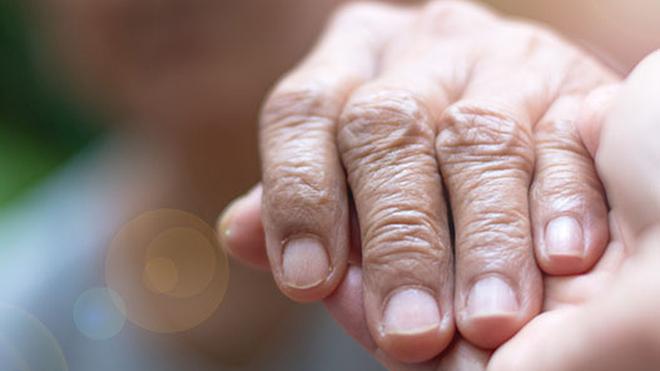
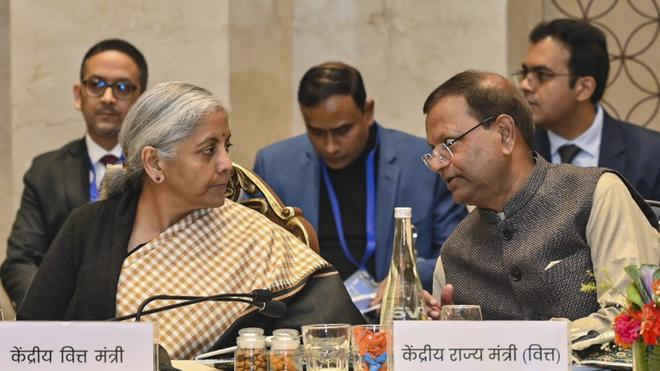
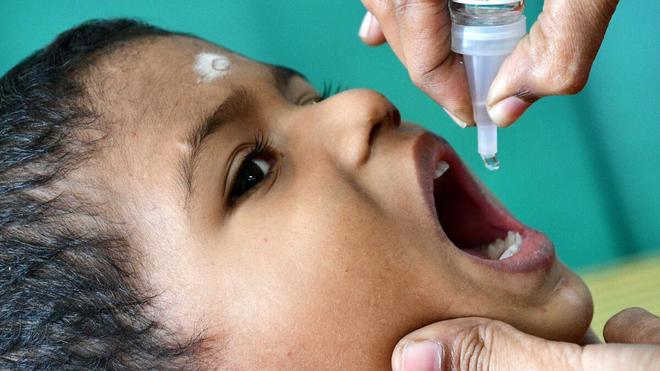
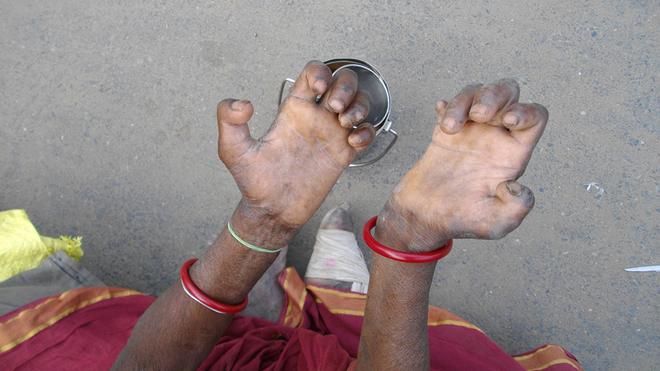
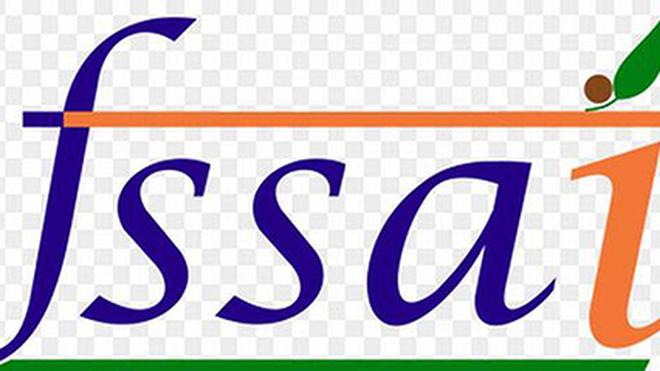
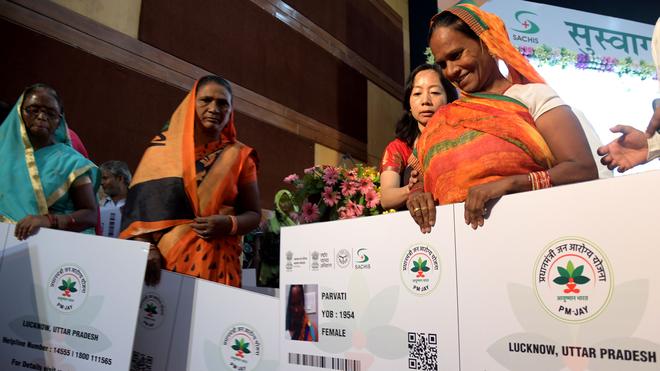

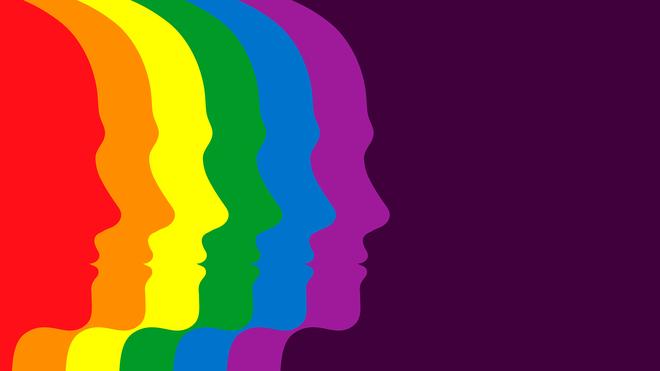






)
)
)









